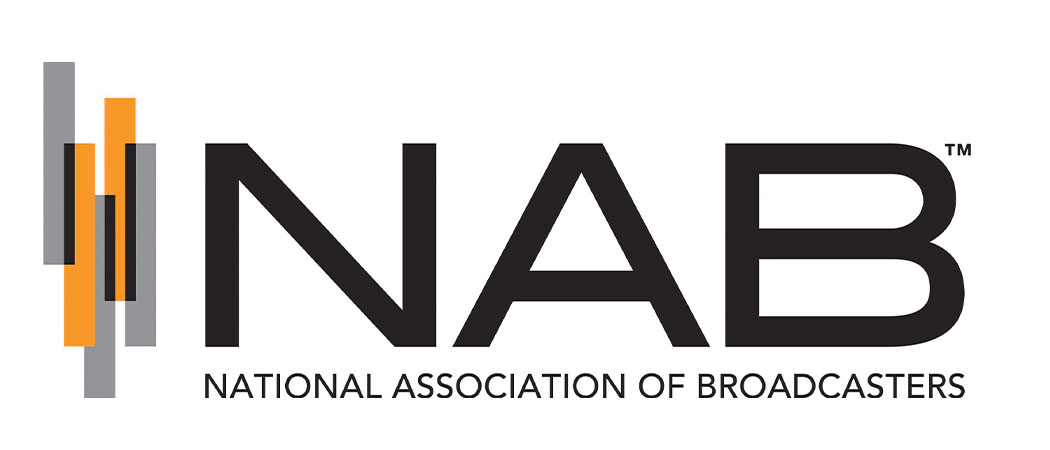Radio & Music News Weekly
NAB President Curtis Legeyt Opposes Recording Performance Royalties
The NATIONAL ASSOCIATION OF BROADCASTERS (NAB) Pres. CURTIS LeGEYT recently testified before the U.S. House Judiciary Subcommittee on Courts, Intellectual Property, and the Internet. He indicated that the AMERICAN MUSIC FAIRNESS ACT (AMFA) would place a financial burden on local radio stations.
LEGEYT said, “Radio’s place in the fabric of AMERICAN culture is not accidental. It is the product of policy choices and a resulting legal framework that enables BROADCAST RADIO to remain completely free and dedicated to local communities. Anyone in the country can access local radio without needing a subscription or Internet connection. During emergencies and times when other forms of communication fail, radio is there to deliver critical information to listeners across AMERICA.”
“While our critical lifeline service is free to listeners, it is not to those who provide it. Radio operators invest significant money into their content and the local employees who make [radio] so unique in our culture. Radio stations also pay countless other fees, including annual FCC regulatory assessments and copyright royalties to performing rights organizations like ASCAP, BMI, GMR, and SESAC—as well as to streaming collectives like SOUNDEXCHANGE.”
“AMFA’s proponents argue here today that these fees are not enough, and radio stations should be assessed a new burdensome royalty. Streaming platforms and satellite radio broadcasters recoup costs like these through the subscriptions and fees they charge their users. Free, local radio only has the option of cutting elsewhere when new fees are imposed.”
“These stations have to make the choice between covering local football games or paying new fees; between making their payroll or sending more money to big record labels. AMFA’s proponents minimize this impact by focusing on the argument that smaller radio stations would be charged ‘only’ a $500 annual fee. But we all know that once assessed, fees never decrease. And I cannot stress enough that $500 is real money to a small market radio operator.”
“Enacting the AMFA would jeopardize jobs, require radio stations to cut back their involvement in local communities, and place more pressure on radio stations already struggling to survive. It would also incentivize radio stations to play less music per hour, shift to non-music formats as a means of economic survival, and cause some stations to go out of business altogether.”




